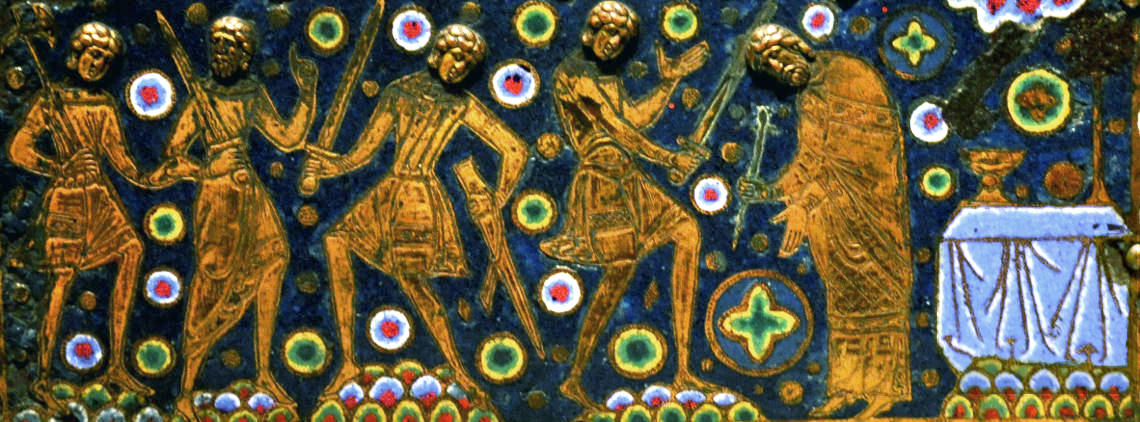There is a timidity about the modern Catholic Church in England; and that is not a good thing. One could speculate that this comes from the past; from the centuries of the suppression of Catholicism. It is 480 years since the separation of the English Church from Rome by Henry VIII, and a third of that time since the restoration of the hierarchy in England.
160 years is a long time, yet there is still something of the alien about the English Catholic Church. Read down the list of Bishops of England, and there is a strong sprinkling of names from Ireland. One of our Cardinals (and by many accounts the more influential one) is called Cormac Murphy O’Connor: not a name redolent of the English countryside. Read down the lists of priests in most Dioceses and it’s the same.
Now without the support of the Irish the English Church would not exist; but with the support of the Irish what we have is a Church with a limited claim to an English identity, and even with a distinctly un-English identity. And that can be an inhibiting factor in making Catholicism a recognised factor in English life; it’s certainly an inhibiting factor in getting Catholic Bishops as far into the public respect as they might like.
There is a temptation in these circumstances to seek to merge in, to adopt the social norms of a society based on Protestant foundations, to play down the differences that make Catholicism what is is. To make, indeed, a Catholic Church which compromises with what England, during her centuries of its rejection of Catholicism, has become. This is a temptation to which it seem that the Catholic Bishops of England (and Wales: but I’m addressing this from an English point of view), have succumbed, more or less en masse, and over a lengthy period.
The English Church has been led to regard itself as a Church which will reflect society rather than challenging it; a Church which is comfortable for the English establishment, rather than one which will call the nation to account.
The problem with this is twofold.
- First, it generates a laity which, far from the informed and enlightened laity envisaged by Newman, sees Church teaching as an optional extra to an essentially socially conditioned life. There is little to keep such a laity in Church. Church may be a local social club with some added spirituality; it may be the route to some of the best free schooling available. It’s not a daily walk with a challenging and all-consuming faith.
- Second, it’s a dereliction of the calling of the Church to be the light of the world. If we live comfortably in the world only by dimming the light, then we do not truly respect the source of that light. There is a very real difference between ‘having the smell of the sheep’ and smothering the sheep with the smell of the slaughterhouse.
This is perhaps a way in which the Ordinariate can lift the Catholic Church in England. They bring with them the patrimony of the Anglican Church; and a part of that patrimony is the experience of being an established Church, present in society by right and not by purchase through compromise.
Let us hope that that influence can combine with a more genuine and radical English Catholicism to give us a new direction.

Post a comment